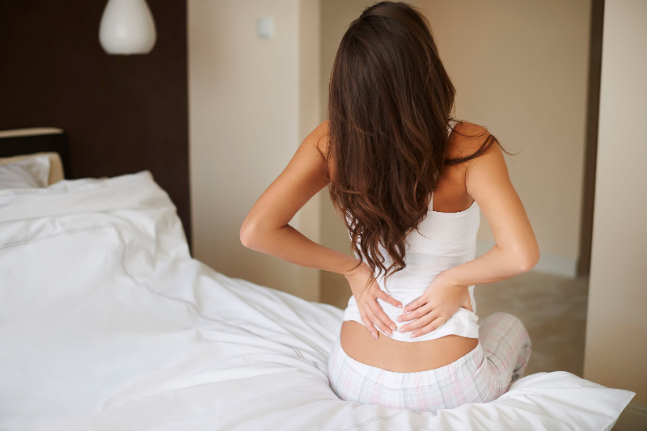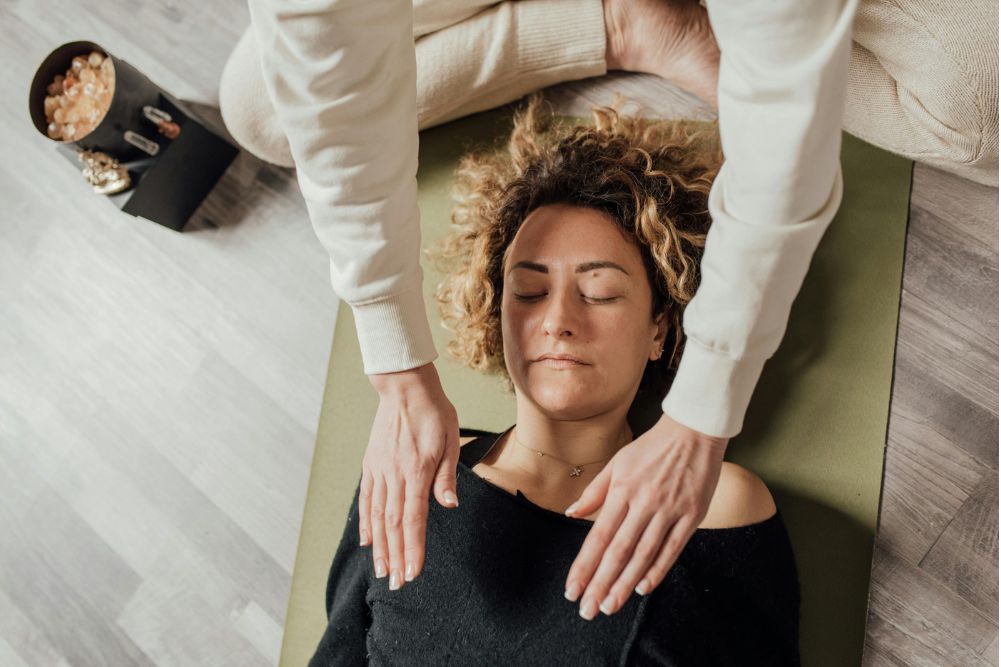Weathering back pain
Human beings are a superstitious lot. Ever since a heavily-browed ancestor looked to the sky and decided that it would be a good idea to offer some flowers and sticks to appease whatever power was capable of throwing down bucketloads of water at the same time as putting on a spectacular light and sound show, humans have seen themselves as connected to a highly mysterious, and pretty darn scary, universe. So whether it be science or geomancy or astrology, we seek ways to understand the nature of things and where we fit into them. This tendency even filters down to personal ailments. In the Middle Ages the appearance of warts on a person’s face was often ascribed to an elderly woman in the village who was designated a witch and met an untimely, rather heated, end. These days of course, we are far less prone to such superstitious beliefs… or are we? If you haven’t done it, have you ever heard someone say that their back pain gets worse according to the weather? Is this based on atmospheric cause and effect with our biology or is it more superstition? This is the question that was investigated in some new research.
The researchers for this new piece of work claim that previous research in the area has been flawed because it failed to investigate environmental conditions when people were not experiencing pain as well as when they were experiencing pain.
So for this study almost 1000 people with back pain kept a journal of the pain events and this was correlated with weather conditions at the time they felt the pain. However, the weather conditions one week and one month before the onset of the pain were also analysed.
As a result of their analysis, the researchers say that there is no link between weather conditions and incidences of back pain except for one type of weather: wind. The researchers found that an increase in wind speed of around 11 kph led to a higher risk that pain would come on within the next 24 hours and gusts increasing by around 14 kph had a similar effect. This effect of wind was however, only a small increase in risk of a pain episode.
So there you are back pain sufferers, we don’t mean to put the wind up you but it’s up to you whether you embrace the findings.








